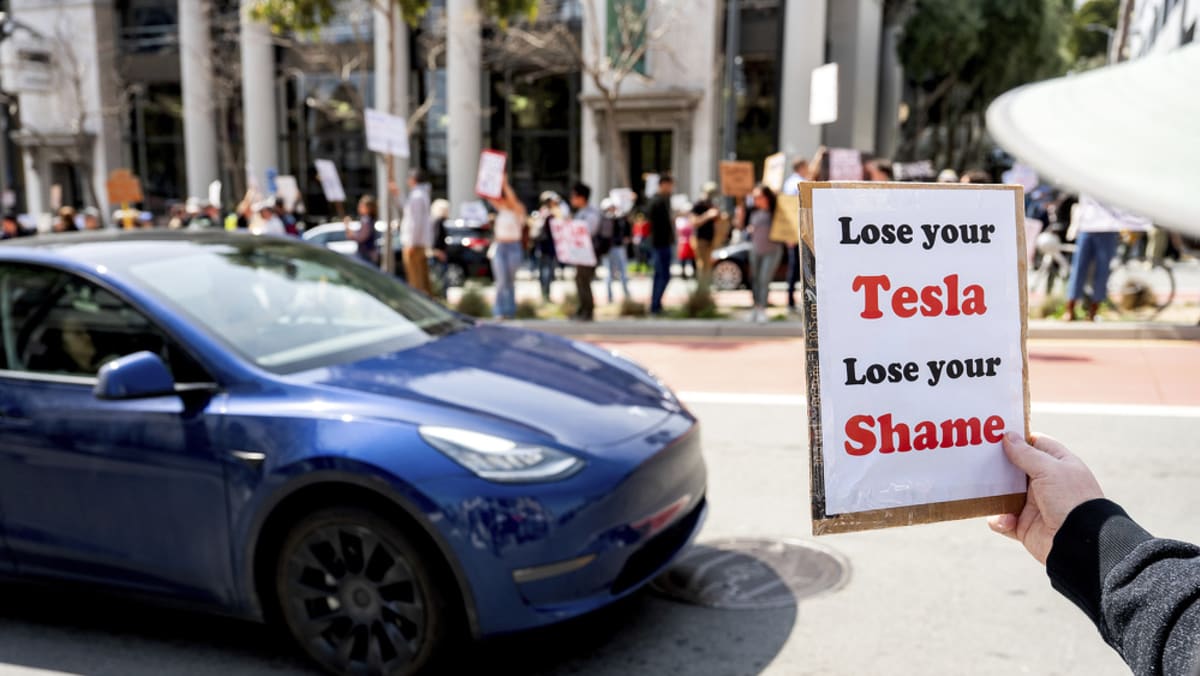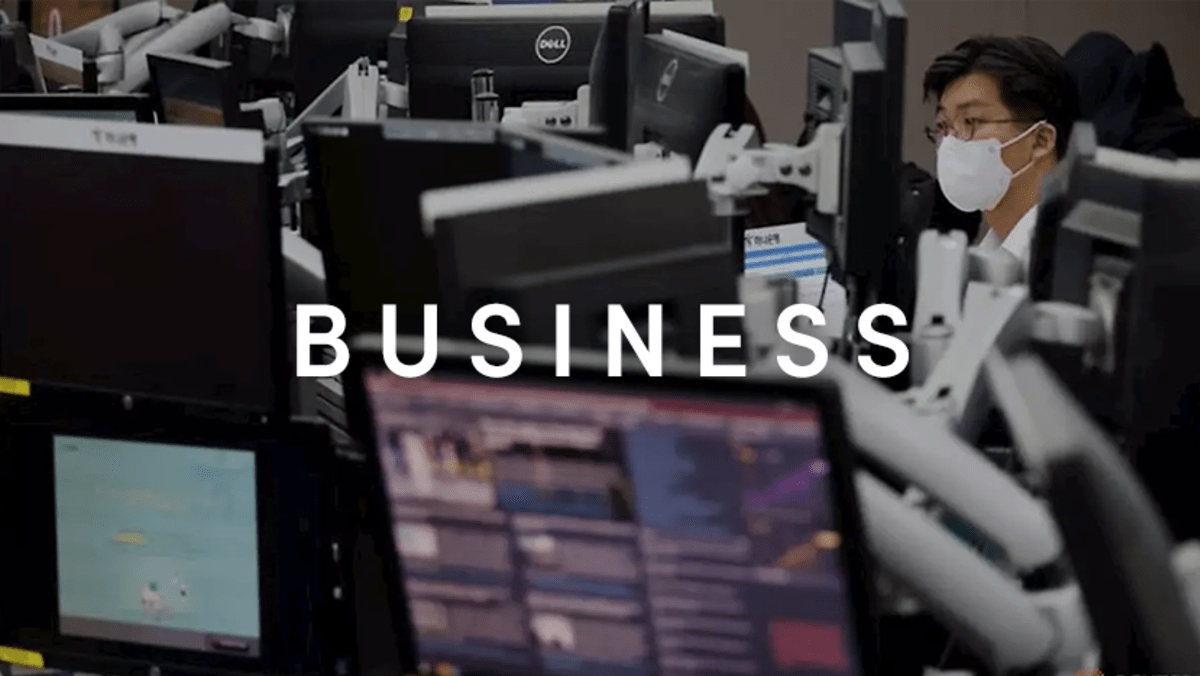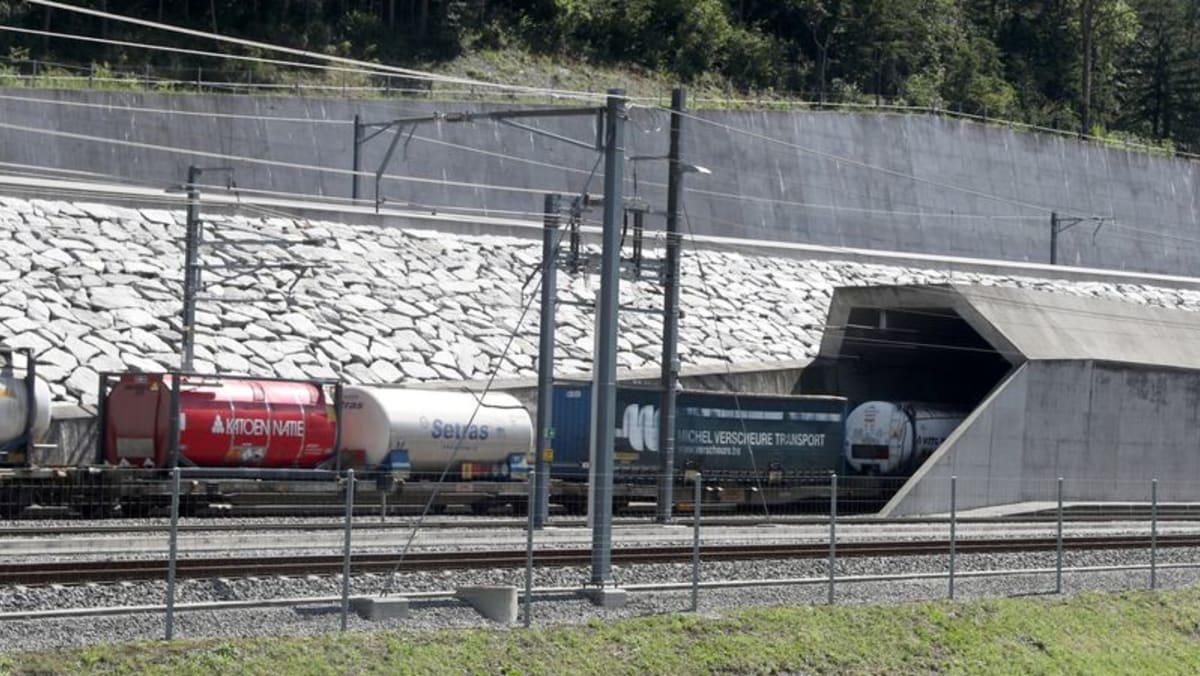FRANKFURT : If a company can survive the upheaval caused by the adoption of artificial intelligence, AI will help it thrive in the longer run, a study presented at a European Central Bank conference has found.
Its authors, who used data from the U.S. Census Bureau and surveys covering the period between 2017 and 2021, found early adopters of AI in the manufacturing sector saw their productivity drop as they replaced human workers with robots.
Their findings go against prevailing narrative suggesting that AI makes work more productive and “augments” jobs in many cases rather than automating them away.
“In the short term, we see a lot of pain,” Kristina McElheran, one of the authors of the paper, told the conference.
She explained the drop in productivity as a side-effect of AI interfering with manufacturers’ established practices, such as keeping low inventories.
Over time, however, these firms began outperforming on all counts – sales growth, productivity and employment – provided that they managed to make it through the upheaval.
“Surviving this seems like part of the problem,” McElheran, a researcher at the University of Toronto, said.
She said this rebound did not generally happen at older companies, which also tend to be larger, and “struggle to get this done”.
McElheran and colleagues worked on a sample of 30,000 firms among which AI adoption rose from 7.5 per cent to 9.1 per cent over the course of the study period.
Introducing the conference earlier, ECB President Christine Lagarde had said between 23 per cent and 29 per cent of workers in Europe were highly exposed to AI but this need not herald a “job apocalypse” because new roles were likely to be created while old ones are destroyed.
(Reporting By Francesco Canepa; Editing by Tomasz Janowski)














